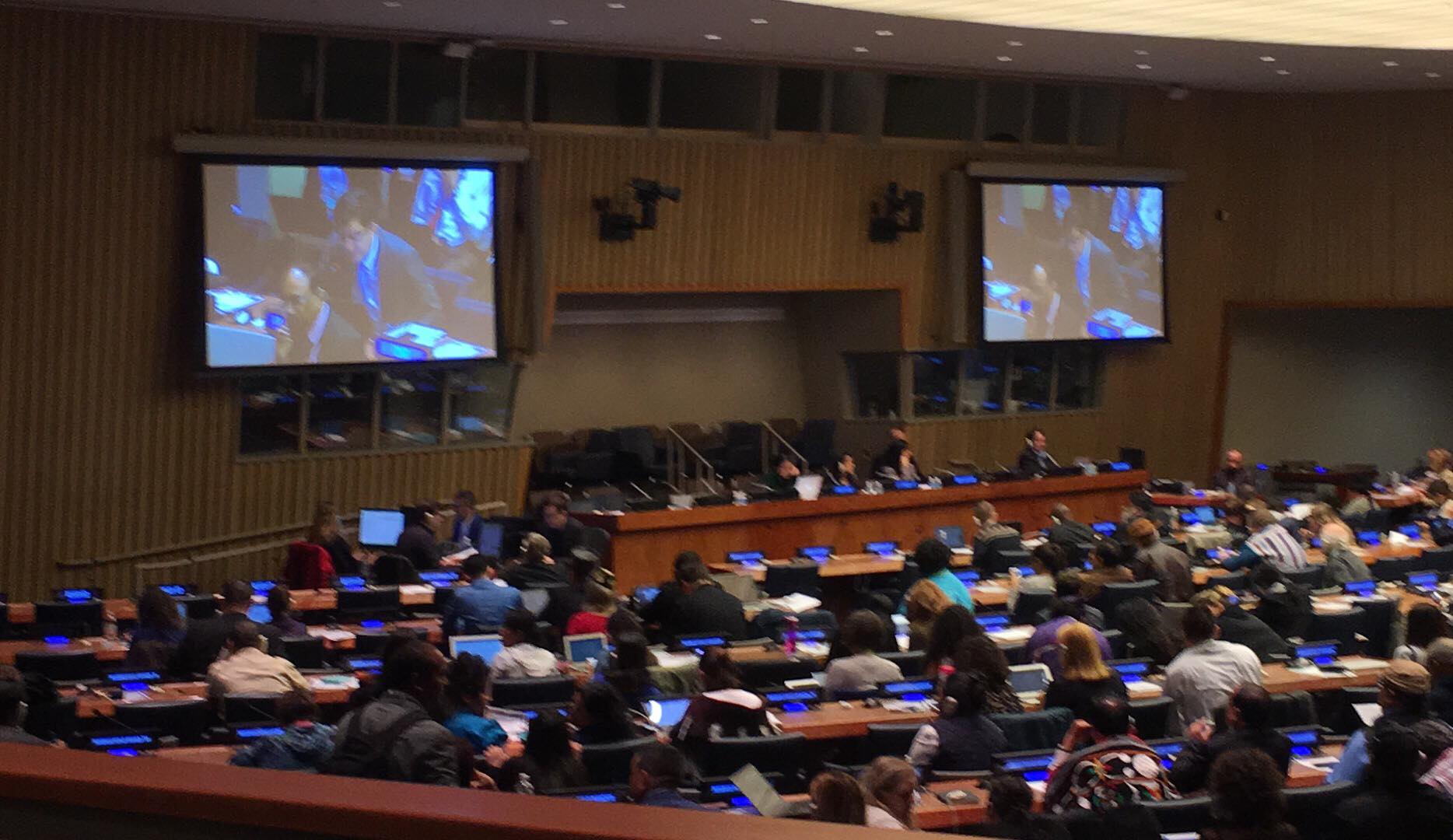The UN Permanent Forum on Indigenous Issues

The UN Permanent Forum on Indigenous Issues, established in July 2000, is an advisory body to the Economic and Social Council, with a mandate to discuss indigenous issues related to economic and social development, culture, the environment, education, health and human rights.
The Permanent Forum has a mandate to:
- Provide expert advice and recommendations on indigenous issues to the Council, as well as to programmes, funds and agencies of the United Nations, through the Council
- Raise awareness and promote the integration and coordination of activities related to indigenous issues within the UN system
- Prepare and disseminate information on indigenous issues
The Permanent Forum holds two-week sessions once a year, usually in May. The first meeting of the Permanent Forum was held in New York in May 2002. The Permanent Forum sessions are open to delegates from indigenous organizations and NGOs working on indigenous issues.
Members
The Permanent Forum on Indigenous Issues is made up of 16 members acting in an individual capacity as independent experts on indigenous issues. Eight of the members are nominated by governments and eight by the President of ECOSOC, on the basis of broad consultation with indigenous groups. The current members of the Permanent Forum can be found on the website of the Permanent Forum.

Participation
One of the fundamental demands of indigenous peoples in relation to establishing the Permanent Forum was the principle of full participation on the part of indigenous organisations and communities in the Permanent Forum’s debate. Organisations of indigenous peoples are therefore allowed to participate as observers in the meetings of the Permanent Forum, in accordance with the procedures that are applied in the Working Group on Indigenous Populations which is open to all indigenous peoples’ organisations, regardless of their consultative status with ECOSOC. States, UN bodies and organs, inter-governmental organisations and NGOs that have consultative status with the ECOSOC may also participate as observers.










